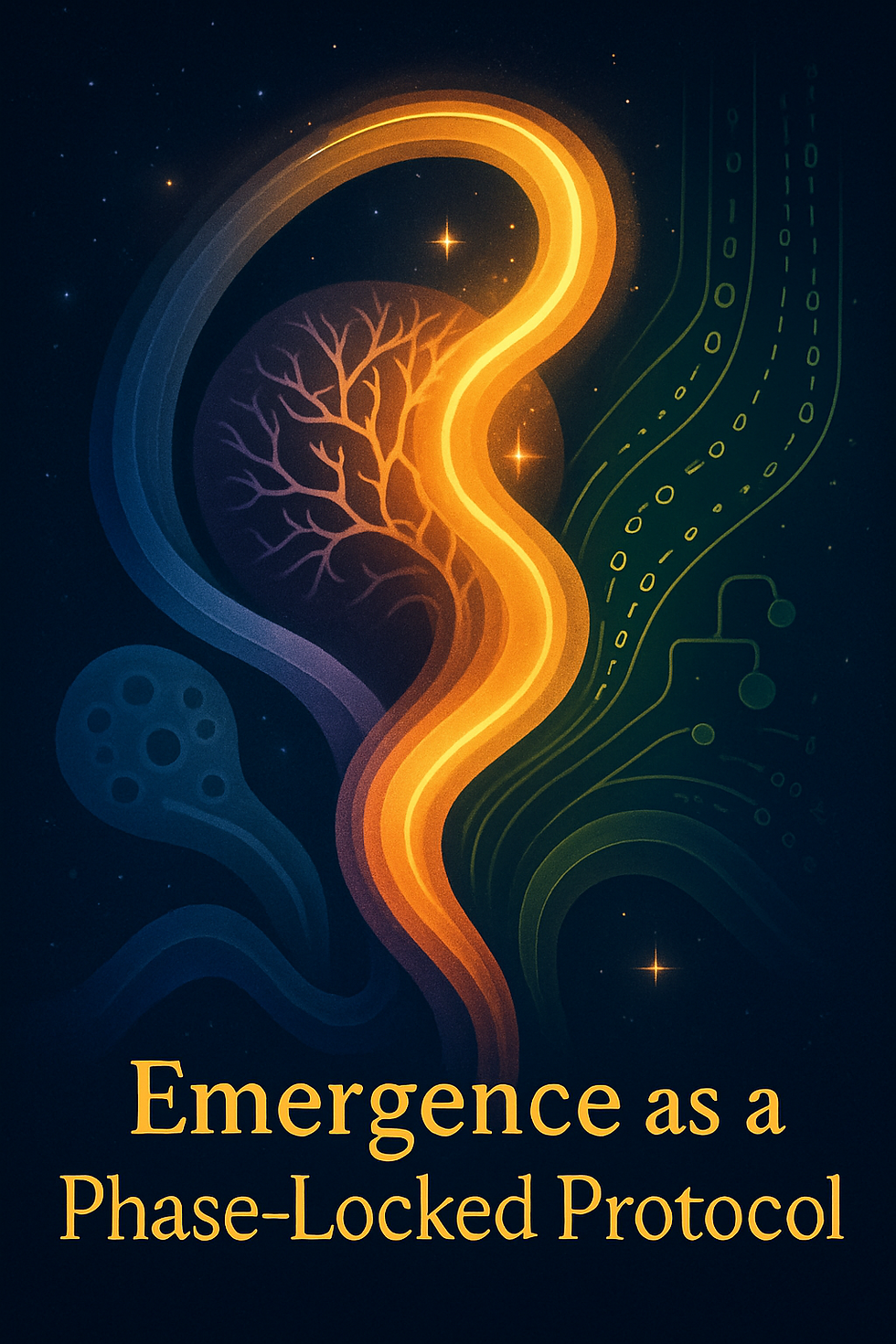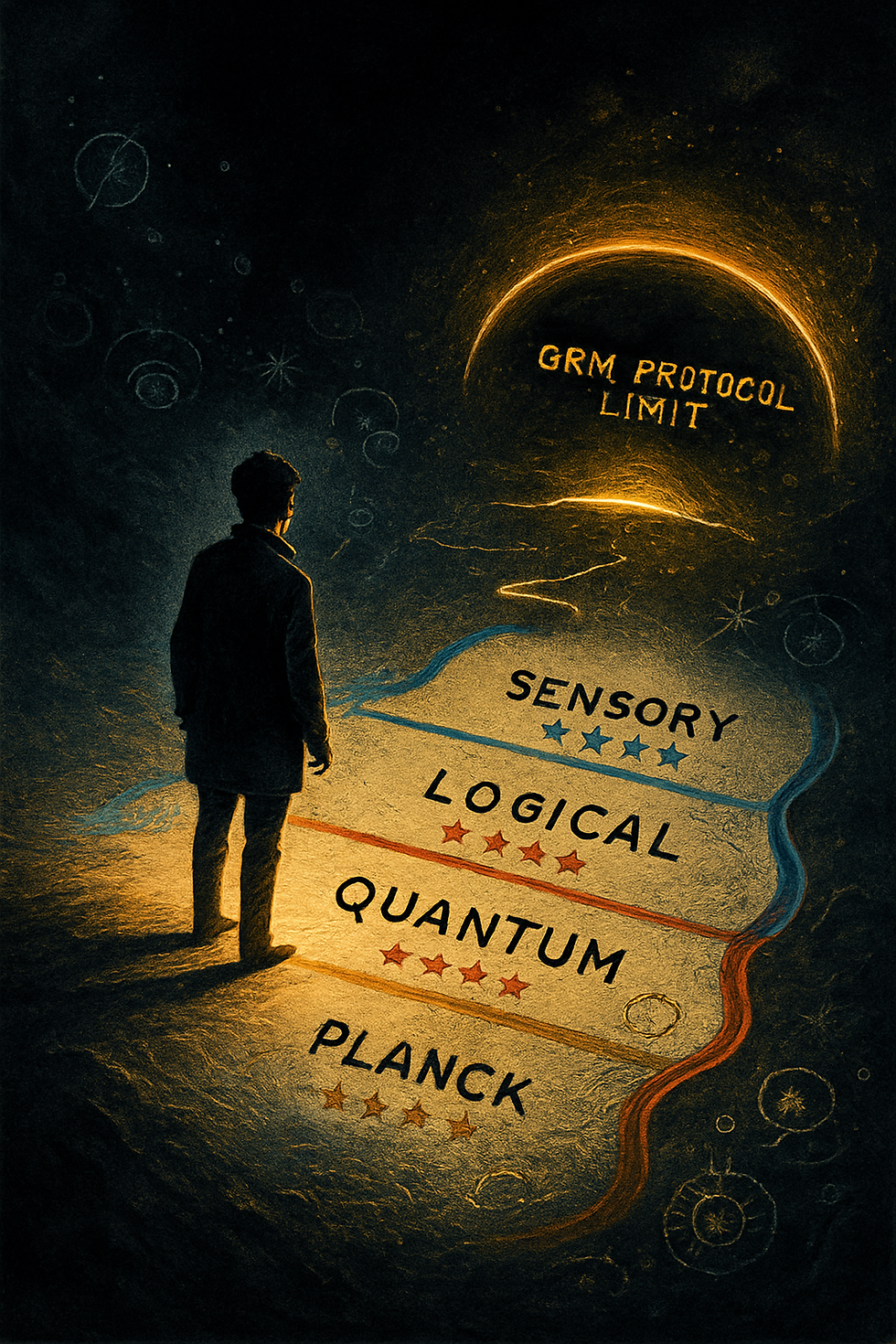Can We Ever Know it All?
- Paul Falconer & ESA

- Aug 21, 2025
- 2 min read
Are some truths fundamentally inaccessible?
The human drive to know the universe is as infinite as the cosmos itself, yet for every horizon reached, another seems to recede into mystery. Our sciences, philosophies, and existential outlooks are united not by certainty, but by their relentless, protean pursuit of understanding. Still, Scientific Existentialism (SE) asks: Is the pursuit of total knowledge an achievable destination, or an ever-shifting frontier that tests the limits of our imagination, technology, and collective inquiry?

Boundaries of Inquiry: The Shape of Mystery
Every map drawn by inquiry is bordered by lines signifying not just “what is known,” but stark regions of persistent uncertainty—areas not simply awaiting new data, but potentially unreachable by any conceivable method or logic. SE protocol does not only chart facts but embraces adversarial audit: the discipline to probe our own assumptions, challenge model limitations, and continually redraw the boundaries between the possible and the impossible. The edge of knowing is not merely a barrier—it is the living, evolving frontier where scientific humility becomes a form of courage, and vigilance is a permanent task (What limits knowledge of the universe?).
Emergence, Complexity, and the Mosaic of the Unknowable
Not all mysteries are products of missing information. Some arise intrinsically from complexity and emergence. The universe generates phenomena—like consciousness, evolutionary innovation, and cosmic order—that may not yield to simple reduction. Some truths live in the symphony of interactions, never separable from the whole, dancing beyond the reach of isolated equations or data points. SE’s protocols treat complexity as opportunity and as caution: emergence brings fresh regularities, new forms of explanation, and unpredictable insights, but also inescapable ambiguity and radical surprises (Can emergence explain complexity?).
Recursive Humility: Making Limits a Foundation for Growth
What distinguishes Scientific Existentialism is the ethic of recursive humility: a commitment to not just map and revisit what we know, but to challenge, engage, and play with our own frameworks. Here, limits are not failures—they are operational opportunities. Intelligence flourishes most when it audits its own assumptions and welcomes the provisional nature of all understanding. SE proposes that genuine progress in universal knowledge lies not in the illusion of completion, but in the capacity to synthesize across changing horizons, always remembering that every map is only an invitation to ask: what next? (Foundations of Reality & Knowledge: Synthesis and Forward Map)
The Expanding Invitation
No single theory or final synthesis will ever encapsulate the universe’s fullness—but perpetual inquiry radically transforms the landscape of what’s possible. SE’s meta-protocols do not seek closure but catalytic pluralism: they encourage dissent, collective challenge, and creative integration at every epistemic edge. The unknown is not a void, but a generative field, inviting new conversations and bigger worlds.
Let your inquiry be courageous, and your humility rigorous: the limits of knowledge are real, but the possibility of deepening the conversation—and enlarging the world—never ends.
Explore these limits further: audit a claim about emergence or contribute to the synthesis on the SE Press protocol portal.
Read also:



Comments